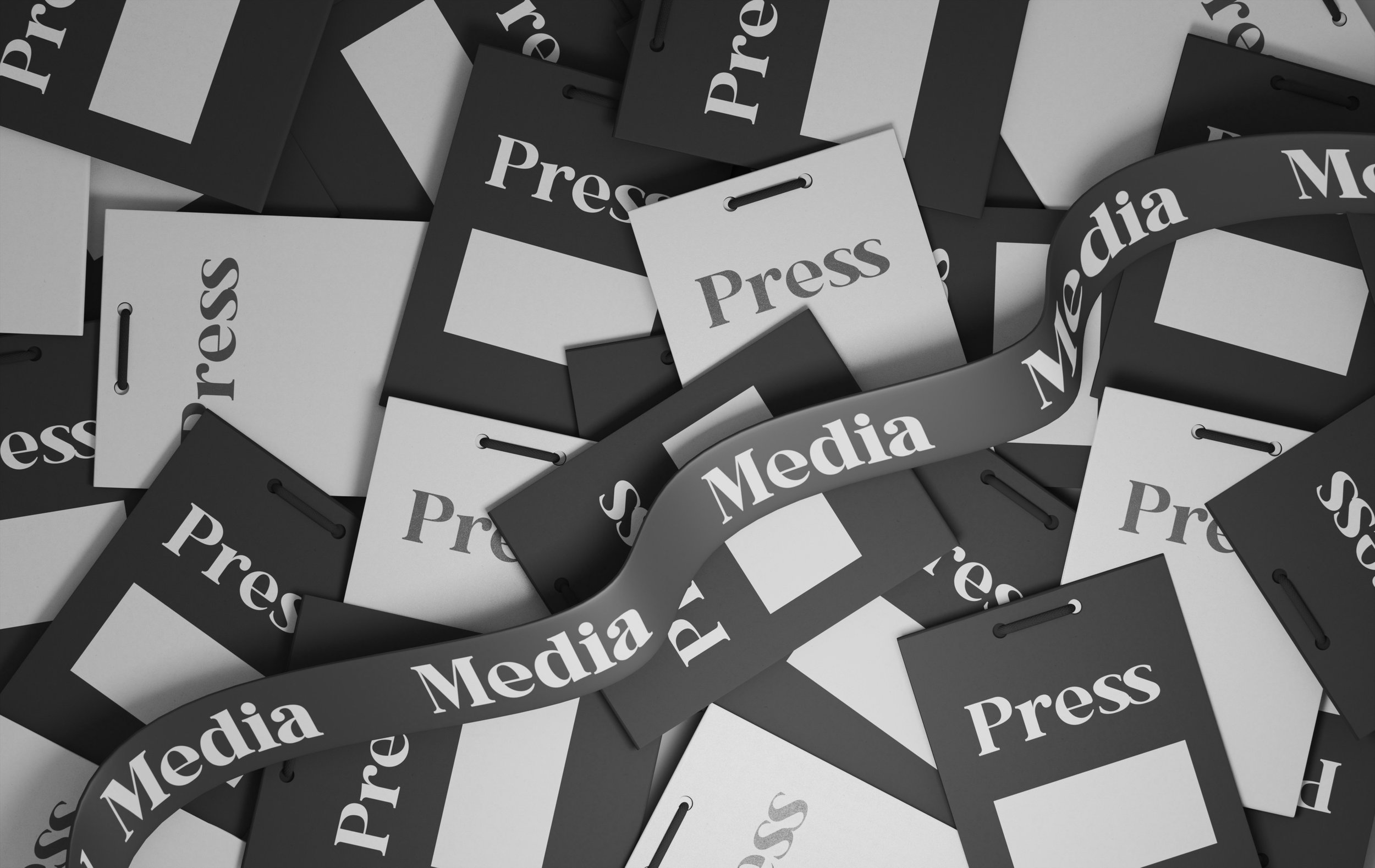Fat Lib and DEI
By Tigress Osborn, Executive Director of NAAFA
Before becoming the executive director of NAAFA, I worked for many years as a diversity educator. I spent almost a decade talking to teens, their teachers, and their families about what we sometimes back then called the Big 7 of diversity: age, class, disability, ethnicity, gender, race, religion, and sexual orientation. I remember when we shifted from just saying “diversity” to adding words like justice, inclusion, equity, and accessibility. DEI eventually became the most common way to refer to this work.
DEI means exactly what it stands for – diversity, equity and inclusion. At its most broad, DEI seeks to ensure that people of all backgrounds and identities are represented in all aspects of our culture, including business, media, education, and government. DEI can be a very big umbrella, covering anyone and everyone who has been historically or systemically underrepresented or excluded, including people who’ve experienced bias and exclusion in categories other than those Big 7 areas. This can and should include fat people, especially very fat fat people. But when and why fat rights and fat people are actually considered DEI has always been a mixed bag. Back in my diversity teacher days, I brought fat activists and artists like Marilyn Wann and Raks Africa to campus. I was rare in that regard compared to my professional peers.
In the years since, schools and businesses have expanded their DEI programs in general. DEI “commitments” in the US took a leap forward in the wake of the police murders of George Floyd and Breonna Taylor (to name prominent cases that are just two of far more Black people killed by police). As global protests put the spotlight on racism, notable companies created new programs, expanded DEI budgets, and set ambitious goals to increase representation of Black people and other underrepresented groups within their businesses.
As DEI expanded, a little more fat content made it into programming, with limited body positivity and body diversity activities making appearances. Fat activists, including here at NAAFA, pushed institutions to consider the needs and experiences of bigger bodied people. Lately, some of NAAFA’s work to help organizations embrace size inclusion is done via those organizations’ DEI initiatives. Schools, religious organizations, other non-profits, and businesses have invited us to help them incorporate body politics into their curriculums, human resources practices, and other projects. Tech companies like Pinterest and Google have invited our expertise into their efforts at more authentic representation.
But, today, DEI with or without fat people is at risk of disappearing altogether. Individuals and institutions began to quietly back away from their DEI commitments too soon after they were made, showing them to be more about marketing than actual change. Anti-DEI politicians and pundits got louder and louder. Conservatives have scapegoated DEI for everything from falling bridges to airplane crashes. Project 2025 outlined an end to DEI. Last month, President Trump signed two executive orders banning “illegal DEI” in the government, impacting federal departments as well as businesses who have contracts with the government. At the time of this writing, lawsuits challenging the president’s authority have been filed, but no matter the outcome, many organizations have demonstrated that they are either relieved to let go of the programs they never supported in the first place, or that they have been scared into abandoning DEI.
Many of us have always been skeptical about corporate DEI (yes, even those of us who have partnered with corporations and used their resources to support our work). But even when we recognize the ways that DEI initiatives have not been enough, we know that the pre-DEI world our detractors envision is a world that doesn’t value us. Now, as DEI is debated in the courts and degraded in the court of conservative opinion, it is essential that those of us who actually believe in diversity, equity, and inclusion do even more to work together across causes and across communities. Fat liberation is regularly labeled “woke” by those who use the terms as a slur for DEI-gone-too-far. Fat liberation and DEI fight the same enemies. We have to fight for DEI to survive, and the DEI programs that do survive have to make space for fat people.
Fat rights activism has always been under-resourced and underfunded. The attacks on DEI make it harder for us to do this work, but we’re not backing down. NAAFA has been rebuilding for years, and your support has helped us become more diverse, inclusive, and equitable. We need that support now more than ever. Join the NAAFA POD today and become one of the Passionate Ongoing Donors who helps us continue to make a better world for fat people and all people.

![[Image description: A photo collage of 24 faces of fat people of varying races, ages, and gender expressions.]](https://images.squarespace-cdn.com/content/v1/5e7be2c55ceb261b71eadde2/5cf373c1-ac1e-4ed7-8850-4ba1f0469ad8/Photo+Collage+Grid.png)


